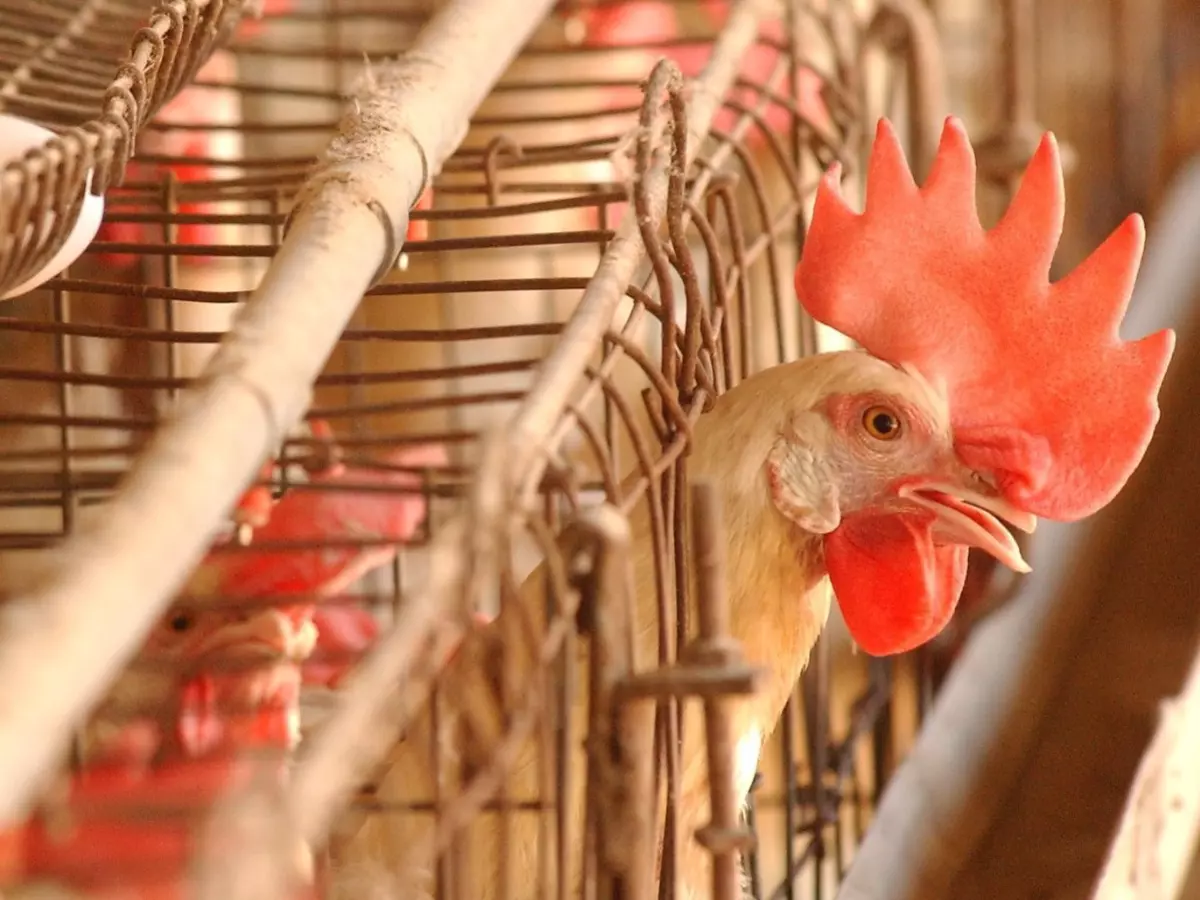Amid COVID-19 Outbreak, Europe Hit By Bird Flu Scare; Germany To Cull 70,000 Chickens
Germany has become the latest European country to confirm the presence of the virus in poultry farms. German authorities have said that programme to slaughter up to 70,000 poultry is being prepared, to prevent the spread.

Several countries in Europe, including some of its biggest economies, are battling a second wave of COVID-19, which is even worse than the first wave.
If that wasn't bad enough, parts of the continent have been hit by another infectious virus that can affect humans.
 AFP
AFP
Germany has become the latest European country to confirm the presence of the bird flu virus in poultry farms.
German authorities have said that programme to slaughter up to 70,000 poultry is being prepared, to prevent the spread.
Type H5N8 bird flu was confirmed in a farm near Rostock in the eastern state of Mecklenburg-Vorpommern, said a spokesman for the local government authority Landkreis Rostock.
 AFP
AFP
About 4,500 chickens at the farm would have to be culled, but the farm has several locations and the total could reach 70,000, the spokesman said.
"To combat the outbreak of the disease and prevent it spreading further, it is necessary from a veterinary medical viewpoint to cull up to 70,000 poultry at several locations," the spokesman said. "Preparations have started."
Even 16,100 turkey were slaughtered
Around 16,100 turkeys were slaughtered after bird flu was found on another Germany poultry farm in Mecklenburg-Vorpommern, authorities said on Monday.
Cases of H5N8 bird flu have been reported from Belgium, the UK, Denmark, and France in the past couple of weeks.
 AFP
AFP
Denmark has ordered 25,000 chickens to be culled after finding H5N8 bird flu on a farm, authorities said on Monday, effectively halting the country's poultry and egg exports to countries outside the European Union for at least three months.
Avian Influenza Prevention Zone fears in UK
In UK, an Avian Influenza Prevention Zone (AIPZ) was declared across England, Scotland and Wales following a decision to raise the risk level from ¡®medium¡¯ to ¡®high¡¯ last week.
France has also ordered measures for poultry farms such as protective netting to prevent contact with wild birds that spread the disease, after the country's ministry of agriculture warned that bird flu infections were on the rise in western Europe.
 BCCL
BCCL
The spread of bird flu, which originated in Russia and Kazakhstan in the summer is more bad news for the European countries which have been heavily hit by COVID-19.
Avian influenza refers to the disease caused by infection with bird influenza flu Type A viruses. These viruses occur naturally among wild aquatic birds worldwide and can infect domestic poultry and other bird and animal species.
 BCCL
BCCL
Earlier this year outbreaks of bird flu were reported from Kerala and Karnataka, forcing authorities to resort to mass cullings of chicken, which helped in preventing the outbreak.
